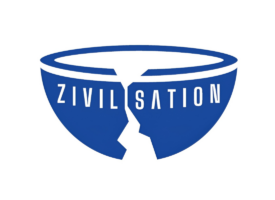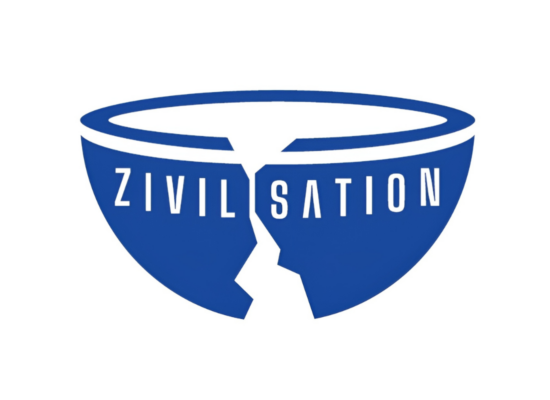Remembering the Holocaust is one of the most challenging tasks of our time, because this is where coming to terms with the past, democratic-political pedagogy and collective identity intermingle to form a complex mixture that has to be redefined for each generation.
The passing on of collective memories from one generation to the next is generally one of the essential functions of any stable, sustainable society. Because a successful culture of remembrance must always be embedded in the life worlds of the coming generations, a change from an analogue, material and hierarchical understanding to digital, virtual and deliberative formats is necessary. With the Digital Holocaust Memorial (DHM), the Institute for RemembranceCulture at SFU’s Faculty of Psychology is making a pioneering contribution to this paradigm shift.
The DHM as a participatory, inclusive and interactive remembrance of the Shoah sees itself as an equally educational, artistic and scientific project. Peter Daniel, initiator of the project, explains:
“The future of remembering the Holocaust will probably take place primarily in the digital realm, and thus require new aesthetic concepts of remembrance. An interdisciplinary approach seems essential to us: science and art together, in constructive cooperation.”
The target groups are initially educational institutions, whose students / pupils can leave thoughts, associations and views in the form of short texts, photos, videos or voice messages on a digital pinboard. The resulting fragments can be commented on and discussed interactively and finally condense into thematic clusters. In this way, a very individual and fluid digital resource is created for each participating institution or community, which in turn can be used as illustrative material in lessons or discourse. This corresponds to the didactic principle that active participation in the subject matter intensifies acquiring knowledge and at the same time enables egalitarian learning where the transfer of knowledge is not primarily defined one-sidedly and hierarchically from the educators to the students. Project initiator Nicole Horn:
“Where, if not in our educational institutions, can we succeed in counteracting anti-Semitism and racism, centrally also in prevention, and thus promote an intensification of our democratic culture?
In addition to their expressive and educational function, the multimedia contributions of the various reference groups also hold great sociological potential. While research on remembrance culture is primarily shaped by contemporary historical approaches, the data within the framework of the DHM – due to its interdisciplinary, creative approach – offers the possibility for extensive social psychological evaluations and phenomenological interpretations of interactions and symbolism in the present.
The Digital Holocaust Memorial project is funded by the National Fund of the Republic of Austria, the Future Fund of the Republic of Austria, the Otto Mauer Fund and the Federal Chancellery of Austria, and subsequently also by the Cultural Department of the City of Vienna.
Contact:
Mag. Dr. Nicole Horn, nicole.horn@sfu.ac.at
Mag. Dr. Peter Daniel, peter.daniel@sfu.ac.at
Institute for RemembranceCulture
Sigmund Freud University
Faculty of Psychology
Freudplatz 1, 5th floor, 1020 Vienna
General press contact SFU:
Mag. Dr. Dr. Manuel Jakab
+43 660 16 25 166
manuel.jakab@sfu.ac.at
- Press release (in German)
- Invitation for students (PDF, in German)


 Invitation for students (PDF)
Invitation for students (PDF)